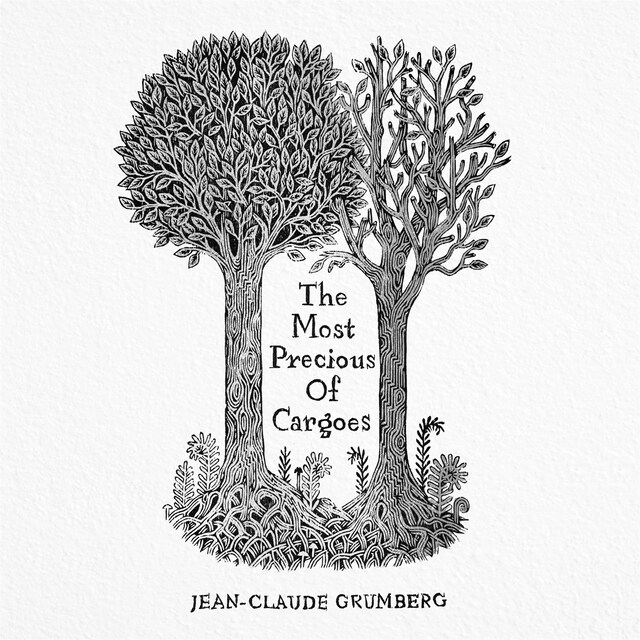
The Most Precious of Cargoes
A Fable of the Holocaust


